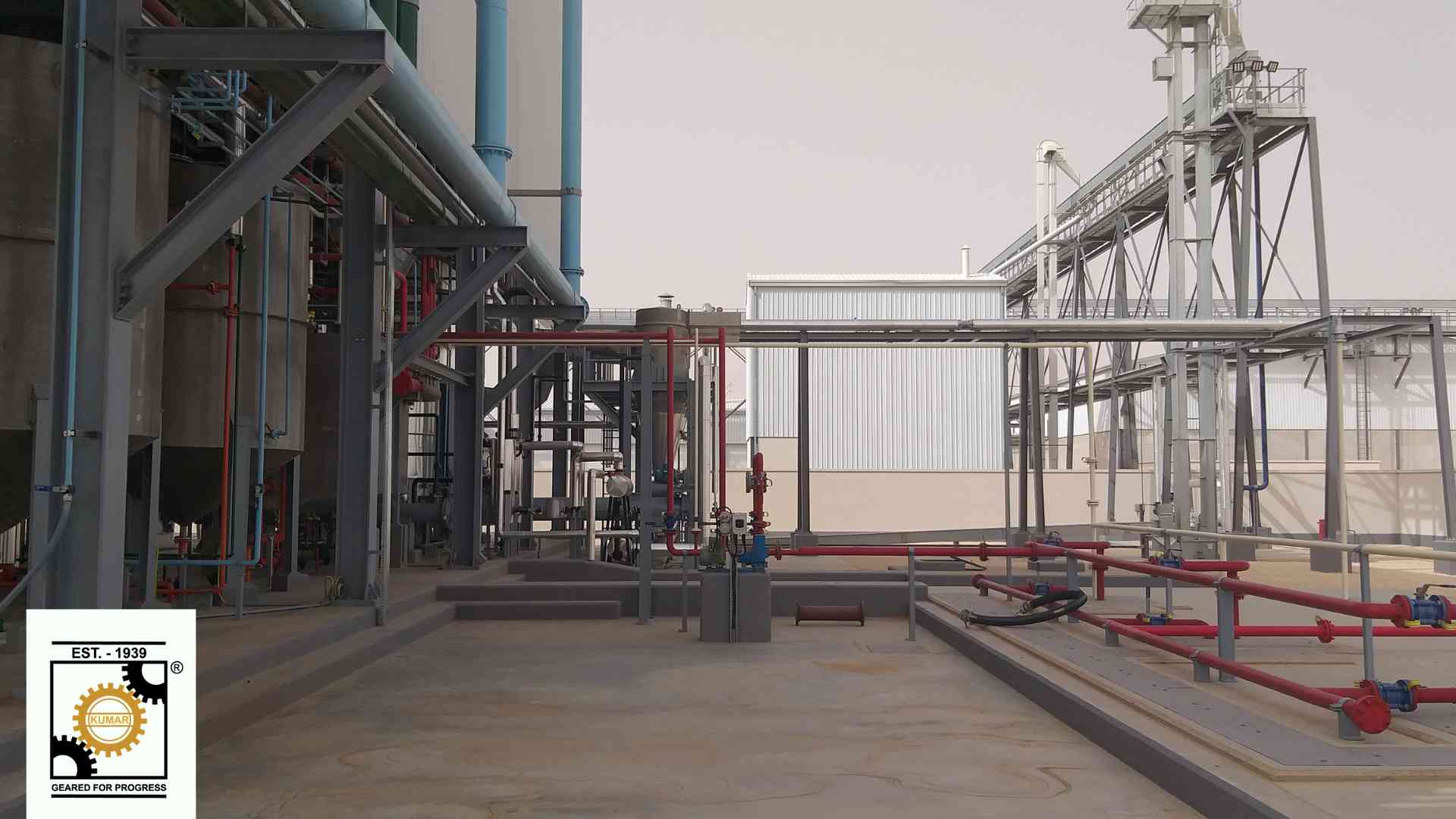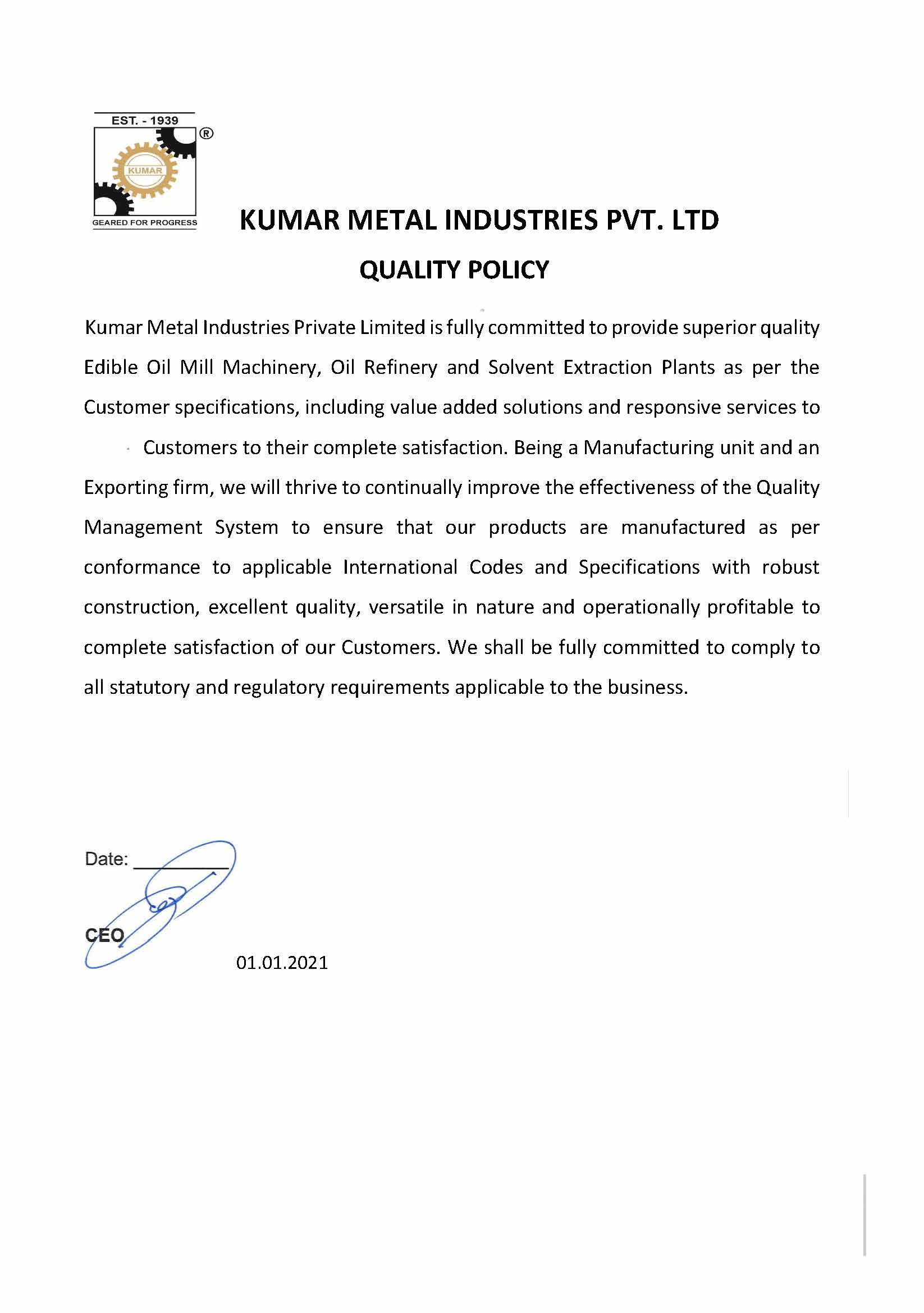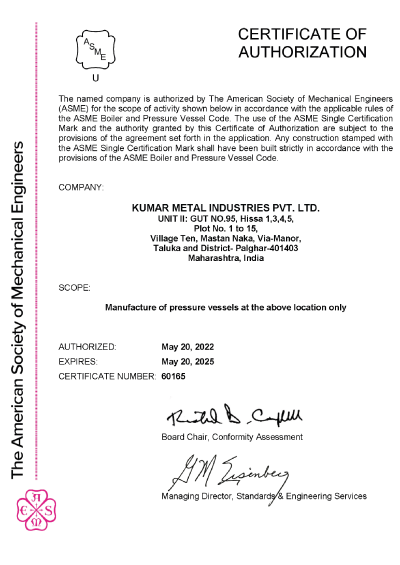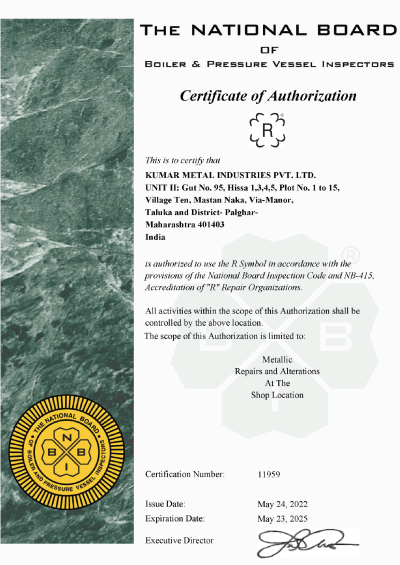
When getting started in the edible oil manufacturing business, it can be difficult to know all the right steps to take from the get-go. Understanding the intricacies of the edible oil manufacturing process and other technical details is one thing; figuring out how to maximise production while also managing budgets, people, suppliers, and equipment partners is a whole different ball game. That’s why we’re here – to help you break down the process and understand the key decisions you can make to streamline operations and optimise production in the long run.
When we speak of the edible oil making process, however, we’re talking about a range of different steps and techniques. These begin in the fields when farmers cultivate appropriate varieties of oil-bearing materials like groundnuts, shea nuts, cashew nuts, cocoa beans, sunflowers, castor seeds, or any other seed, kernel, or fruit from which oil can be extracted. This journey continues via harvest, storage and transport to eventually reach a factory setting where again, there are multiple steps and techniques involved in the manufacturing process of edible oil. From oilseed preparation to extraction (by means of an expeller press, an oil extraction machine, specialty equipment, or a combination of two or more of these) to oil refining, there is a complexity of processes and a huge ecosystem involved. In this whole ecosystem, there are many, many factors - big and small - that you can control for to improve productivity and enhance the quality of oil produced.
We trust that you have skilled experts on board who will guide you through the technical aspects of oilseed preparation, extraction, and refining for specific seeds helping you ensure that you make the most of the raw materials that go into your process. You can also read more on our blog about the best ways in which to manufacture specific oils, like rice bran oil, sunflower oil, or virgin coconut oil.
In this article, we will look at some of the foundational decisions you can make that will set you up for success for many years to come. Rather than focus on seed-specific techniques, let us take a holistic look at the edible oil manufacturing process and the ecosystem as a whole. Let’s explore how you can optimise your edible oil making process irrespective of the oil you manufacture.
Setting your edible oil manufacturing business up for success
Choosing oilseeds
The manufacturing process of edible oil, as we’ve mentioned, begins in agricultural fields. You may not have control over the cultivation processes, but you do have control when it comes to choosing the oil-bearing material you will use and the kind of oil you will produce. Make this decision wisely.
Optimal oil production depends on selecting oilseeds, kernels or other oil-bearing materials that have been cultivated in appropriate conditions. Think culture and geography. For example, mustard oil and coconut oil are popular in different regions of India, while olive oil may have a higher demand in parts of Europe. Factors related to geography, climate and culture have created a demand for certain products in certain regions. Understand these factors to make an informed decision while designing your edible oil making process. Essentially, source your raw materials considering their availability as per the climate, geography, time of year, and local and global consumption patterns. This will help you optimise production for quantity and quality.
Batch refining or continuous refining?
Choosing the right option between batch processing and continuous processing for your edible oil refining processes is extremely crucial. This complex decision depends not only on the scale of your operations, your proximity to the crude edible oil of your choice, your budget and demand but also the stability of the oil. Achieving optimal oil production is very much a function of which of these two you choose.
If you’re just getting started in the edible oil manufacturing process, investing in a batch refinery is the safer option to achieve optimal oil yield. Batch refining is usually ideal for its simplicity; it is perfect for small-scale oil production (between 1 and 30 tonnes per day) and is likely to give you the confidence to persist in the oils and fats industry by providing returns on your initial investment relatively quickly. What’s more, batch refining is the perfect choice for unstable crude oils that need to be refined soon after extraction; otherwise, they would deteriorate quickly and result in low yield in terms of both oil quantity and quality.
When daily oil production goes up to four digits, up to 5,000 tonnes per day, continuous refining is the way to go for optimal production. It helps to cut downtime and uses fewer utilities per unit of oil produced, helping you derive greater output than your raw material input.
Automation
In today’s day and age, it’s impossible to talk about optimal oil production without talking about process automation. The more human intervention there is in a process, the slower it is likely to proceed, the more scope there is for error, and the less likely you are to achieve consistent and reliable results over time. Having human labour involved does have its benefits in terms of introducing flexibility into the edible oil manufacturing process. However, if you want highly streamlined, regulated and monitored operations in your edible oil manufacturing business, automation is the way to go. With lowered costs in the long run, reduced resource wastage, reduced downtime, and improved safety, automation is the answer to many problems in the manufacturing process of edible oil.
Edible oil making process equipment
No matter how well you have considered every other detail of your edible oil manufacturing process, if your equipment for oilseed preparation, oil extraction, and oil refining is not of superior quality, your oil will not be either. Achieving optimal production depends on procuring your equipment from reliable, skilled equipment partners. Your equipment for preparing oilseeds, extracting oil, and refining it should be made of the highest quality material – ideally stainless steel. Like all of Kumar’s equipment, it should have minimal maintenance requirements, specially treated wear and tear parts, and overall, guarantee optimal production for a long time – longevity is key.
Further, equipment will naturally deteriorate in quality – consequently affecting the quality of your manufacturing process of edible oil – over time. The solution to this is not reactive maintenance or repairs; rather, it is regular preventive maintenance. Solutions like annual maintenance contractsare critical to relieve yourself of the anxieties of unexpected breakdowns, expensive repairs, and reduced productivity.
Finally, effective plant design and production planning
All sophisticated and highly productive edible oil making process operations have some things in common – effective plant design and production planning. An intelligently designed plant and well-considered production planning account for potential bottlenecks, supply constraints, unexpected breakdowns, and other contingencies.
If your edible oil manufacturing business is already running, it’s still not too late - bring an expert onboard to conduct a technical audit; accordingly, you can devise appropriate solutions to identified problem areas. If you’re yet to get started, your manufacturing process of edible oil will greatly benefit from having experts like your equipment partners to work collaboratively with you every step of the way. This will help you cut down on project interruptions and delays later on. As for production planning – craft a detailed plan keeping supply chain logistics, plant capacity, budget overruns, and other potential issues in mind. Since you have likely already decided on the specific processes you will employ in the edible oil making process, let these decisions guide your process plan. Account for the time the processes will need for retention, heat recovery, precise dosing, and mixing. Make sure your plant allows for product switchovers in short periods of time to maximise production. No matter how small a detail, include it in your plan and prepare for any related setbacks.
Do you still need more information? That’s where Kumar Metal Industries can help you. One of the top EPC companies in India, we have been delivering dependable process engineering solutions to the oils and fats industry for more than 80 years now. Our customers know us for our robust engineering, our versatility, and the operational profitability of our plants and machinery. You, too, can join our 500+ customers from 65 countries and benefit from our expertise.
Request a callback
Since 1939, Kumar has been delivering dependable process engineering solutions to the oils and fats industry. We're known for our robustly engineered, versatile, and operationally profitable plant and machinery. It's why customers all over the world depend on us to solve their processing challenges, big or small. If you'd like to know more about our solutions, please fill out the form below:
"*" indicates required fields



















